Publications
Articles, publications, books, tools and multimedia features from the U.S. Institute of Peace provide the latest news, analysis, research findings, practitioner guides and reports, all related to the conflict zones and issues that are at the center of the Institute’s work to prevent and reduce violent conflict.
Question And Answer
Whither NATO at 75?
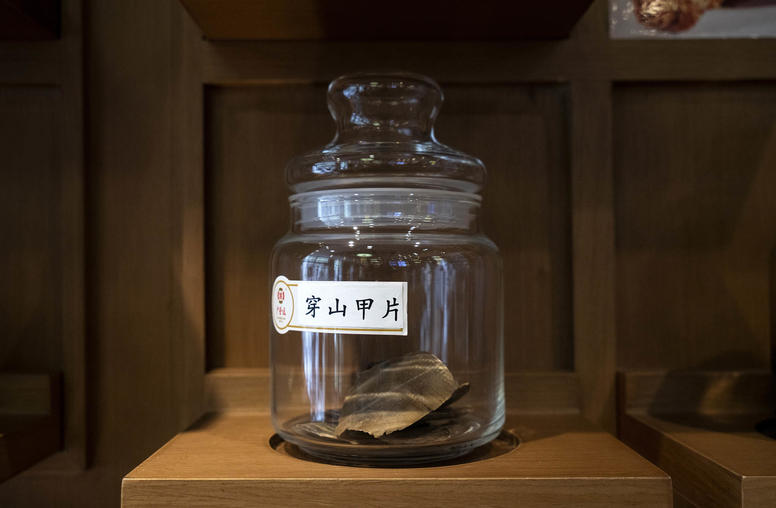
Peace, Poaching and Pangolins in Central Africa
The pangolin — also known as the scaly anteater — is a small, primarily nocturnal mammal that lives in parts of Africa and Asia. Reportedly the most trafficked animal in the world, the pangolin is desired for its scales and its meat, particularly in Southeast Asia. Data shows that a pangolin is poached every three to five minutes. But the demise of the poor pangolin, as well as other trafficked species, has implications beyond the obvious risks to biodiversity. As new research shows, the proceeds of wildlife trafficking also contribute to violent conflict in Central Africa. Researcher Alexia Tata discusses the findings of her research on this issue and its implications for peace and security in the region.
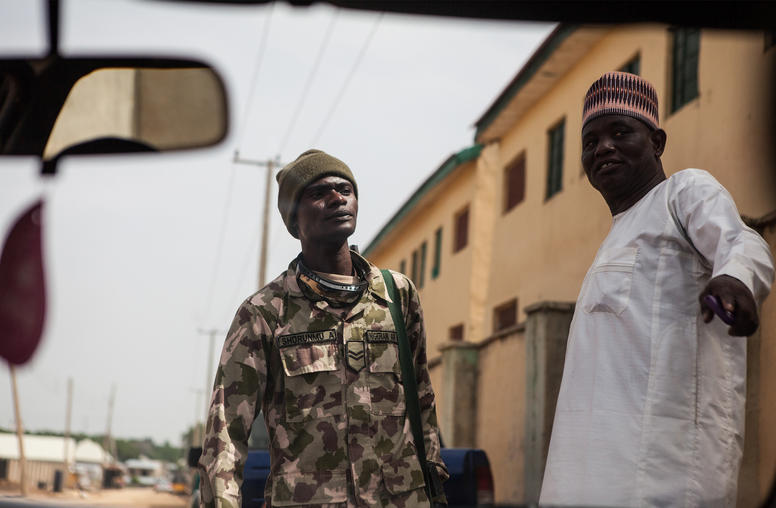
Civilian-Led Governance and Security in Nigeria After Boko Haram
Focusing on northeast Nigeria and the Lake Chad Basin, this Special Report outlines the rise of the Boko Haram insurgency in Nigeria and the security and governance challenges in the wake of its possible decline.
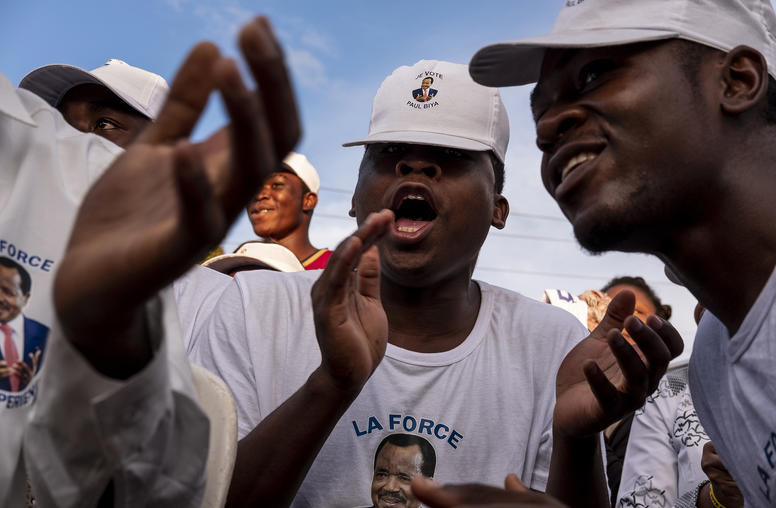
After Election, Cameroon’s Governance Crisis Continues
Eighty-five-year-old Paul Biya, president of Cameroon since 1982, was sworn in for his seventh term in office on November 6, after complaints arising from multiple allegations of electoral irregularities in polls held a month earlier were dismissed by Cameroon’s constitutional court. An intercommunal crisis in Cameroon has seen violence increase substantially since 2017, and the conduct of these elections—which saw a partial boycott—has added to grievances. In this analysis of the official election results, USIP’s Aly Verjee and Jude Mutah examine the data, and discuss the prospects for Cameroon after the election.
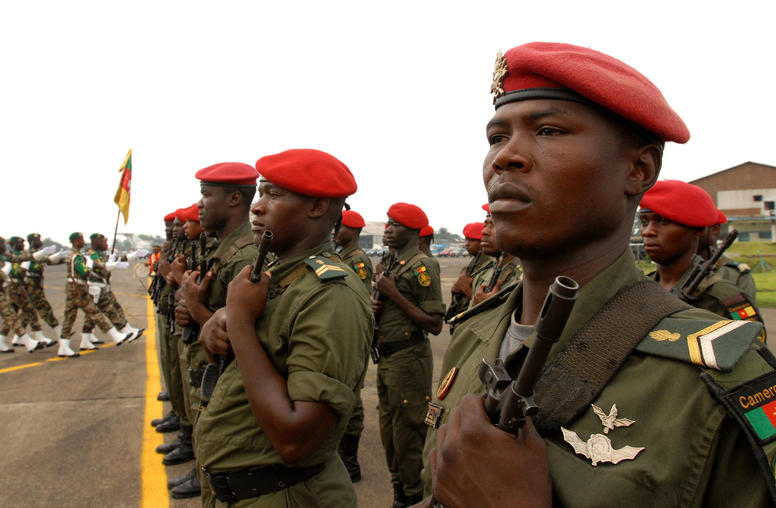
Cameroon’s Anglophone Uprising: A Crisis Overlooked
The African nation of Cameroon has lived for years between the fires of civil warfare—in Nigeria to the west and the Central African Republic to the east. But the authoritarian regime of President Paul Biya for years has suppressed peaceful and moderate dissidence, violating citizens’ human rights with impunity, helping ignite an armed conflict with members of Cameroon’s anglophone minority.
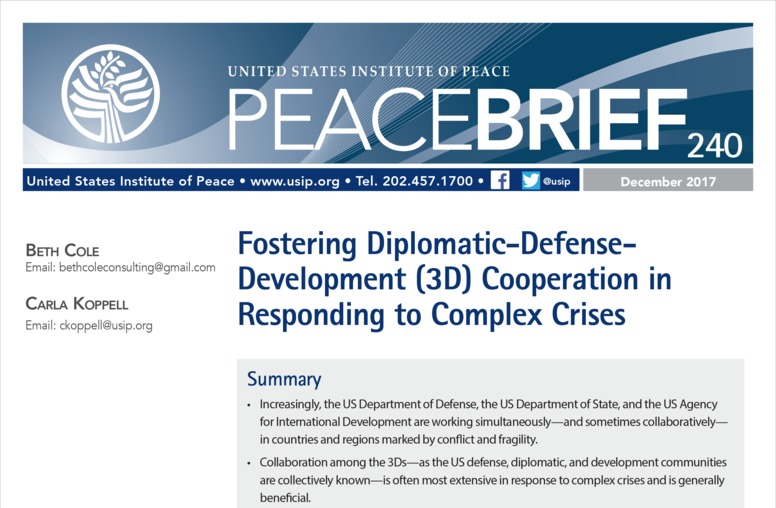
Fostering Diplomatic-Defense-Development (3D) Cooperation in Responding to Complex Crises
The US diplomatic, defense, and development communities (known as the “3Ds”) increasingly find themselves working together to tackle complex crises. This collaboration has already proved its worth, but how can it be made even more effective? A recent USIP research project sought to...
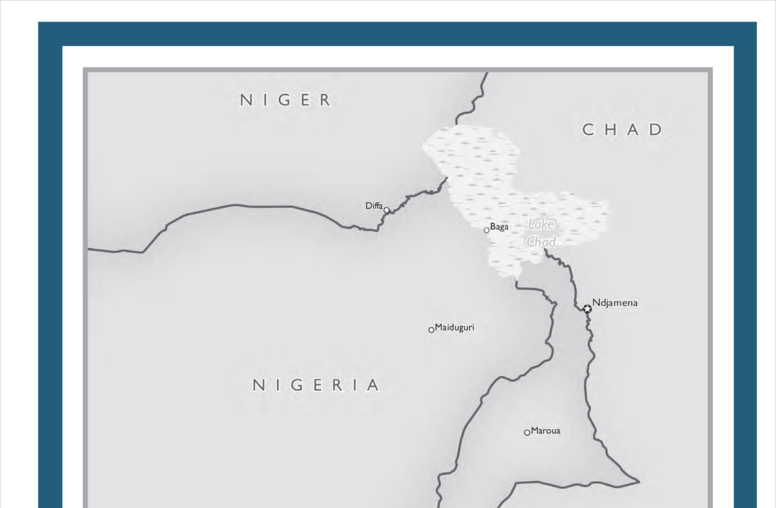
Breaking Boko Haram and Ramping Up Recovery: US-Lake Chad Region 2013-2016
This series of case studies—Burma (2009-2015), Jordan (2011-2016), and the Lake Chad Region (2013-2016)—document efforts and draw lessons from where US government leaders believe deepening crises were staved off through collaborative inter-agency engagement. Part of USIP’s “3D Learning from Complex Crises” project, the cases provide programmatic and operational lessons from complex operating environments. These lessons support systemic integrated approaches to complex crises and will better equip individuals to share objectives when working in inter-agency environments.
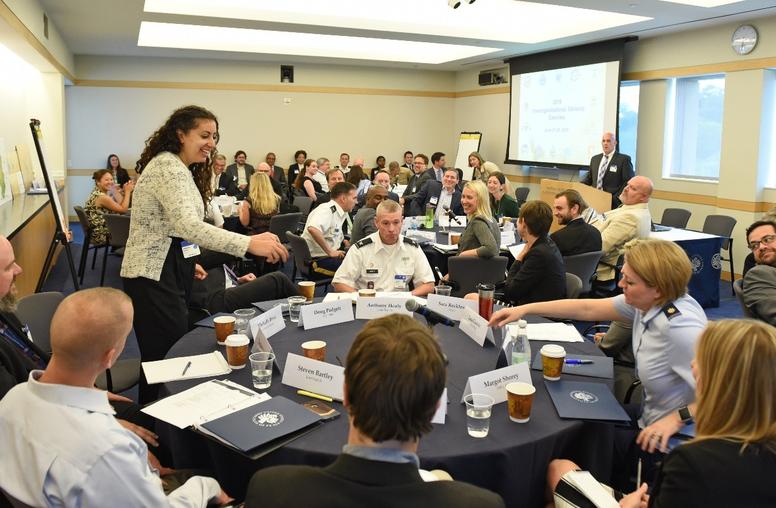
Lake Chad Exercise Demonstrates New Civilian-Military Approach
A group of senior U.S. military and civilian leaders recently agreed to find ways to work together more effectively to counter violent extremism in the volatile Lake Chad Basin of Africa, a region reeling from the casualties and destruction wrought for years by terrorist groups such as Boko Haram. The agreement emerged from a new exercise model...